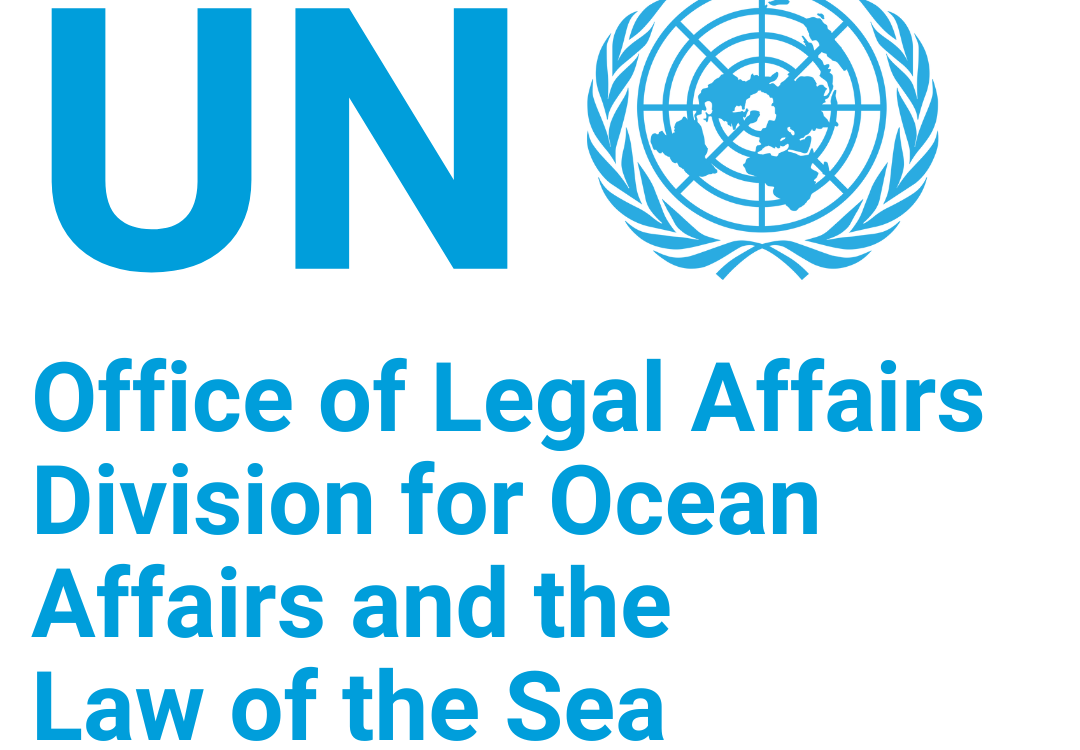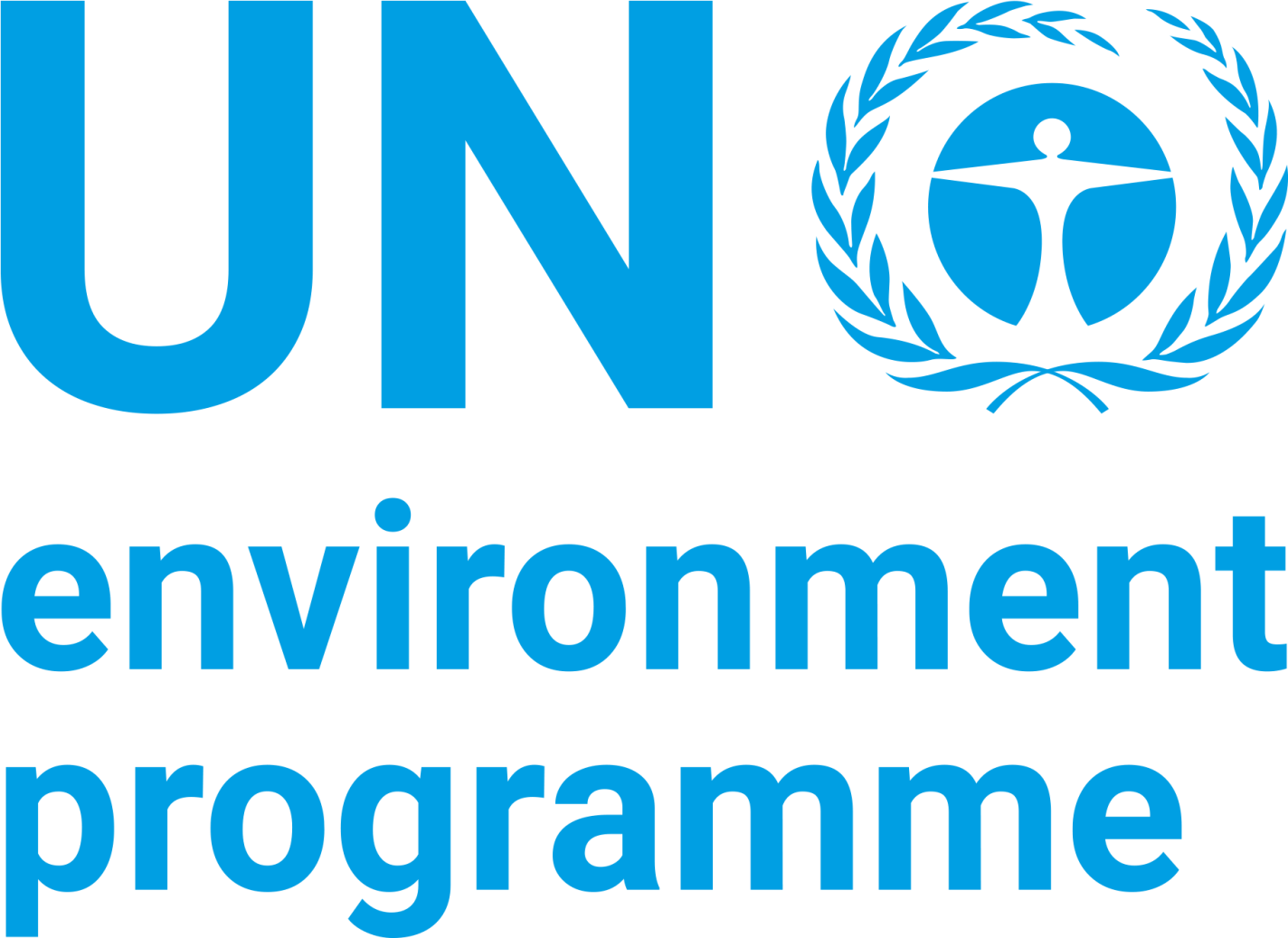Course overview
Areas beyond national jurisdiction (ABNJ) are home to rich biodiversity and provide us with many goods and services, from the fish we eat to the regulation of the global climate cycle. Yet, they suffer from cumulative anthropogenic pressures, such as overfishing and destructive fishing practices, the effects of climate change and pollution from various sources. States began a process in 2004 and, following nearly two decades of negotiations, adopted the Agreement under the United Nations Convention on the Law of the Sea on the Conservation and Sustainable Use of Marine Biological Diversity of Areas Beyond National Jurisdiction (BBNJ Agreement). This course provides an overview of this process, a detailed synopsis of relevant provisions of the United Nations Convention on the Law of the Sea (UNCLOS), as well as an overview of the issues addressed by the BBNJ Agreement.
Learning Objectives
- Define ABNJ and describe key milestones in the process that led to the adoption of the BBNJ Agreement;
- Describe the international legal framework for ABNJ and understand the legal context surrounding the adoption of the BBNJ Agreement;
- Understand the four main elements and cross-cutting issues addressed by the BBNJ Agreement.
Partners and Contributors
This course was developed in cooperation with the Division for Ocean Affairs and the Law of the Sea, UN Office of Legal Affairs, on the basis of material developed by that Division. 

